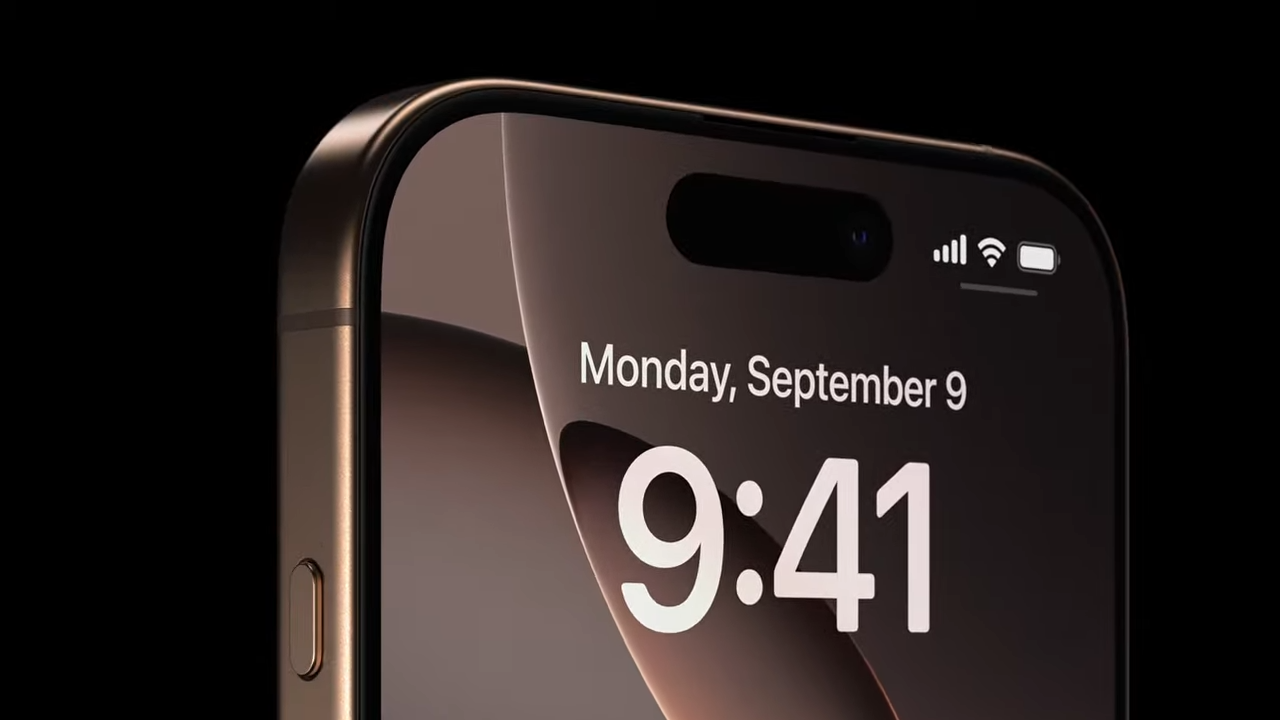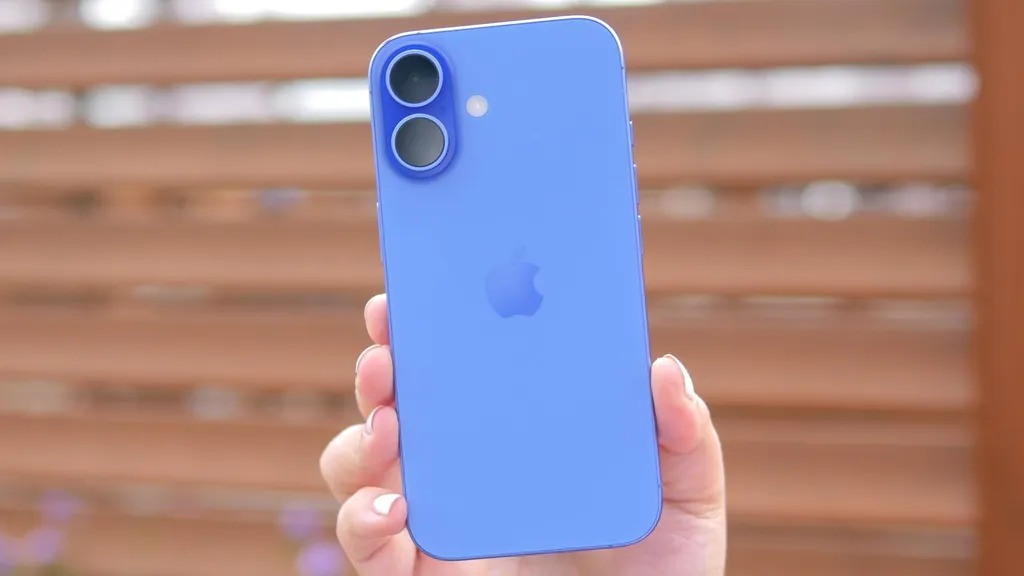
It seems like Apple debuted the iPhone 16 lineup just yesterday, but we're already looking ahead to the even more AI-powered, next-gen iPhone 17 lineup. In particular, the iPhone 17 Air — Apple's suspected thin addition to the series.
A few of the initial iPhone Air 17 rumors we heard suggested the upcoming phone might not be the thinnest iPhone Apple's ever had, or thinner than the iPad Pro M4. The latest newsletter from Bloomberg's Mark Gurman debuffs the first rumor but further confirms the second.
While we should take everything that doesn't come directly from Apple with a grain of salt, it's a bit disappointing to have a second major rumor put forward the idea that the iPhone 17 Air may not be as thin as we hoped.
At least the iPhone 17 Air could be the thinnest iPhone ever
According to Gurman, the iPhone 17 Air "will be about 2 millimeters thinner than existing iPhones." For comparison, a U.S. nickel is 1.95 millimeters thick.
Apple's existing iPhone 16 and 16 Plus measure 7.8 millimeters thick, and the iPhone 16 Pro and 16 Pro Max are 8.25 millimeters thick. Gurman doesn't make it clear which "existing iPhones" the 17 Air will be 2 millimeters thinner than, but I'm assuming it's said with the thinnest iPhone 16 Apple offers right now in mind.
So if the iPhone 17 Air is indeed 2 millimeters thinner than the iPhone 16 and 16 Plus, that'd put it at an impressive 5.8 millimeters thick. This would make the iPhone 17 Air the thinnest phone ever to come from Apple, beating out the previous holder of that title — the iPhone 6, at 6.9 millimeters thick.
Even more impressively, the iPhone 17 Air would be thinner than the 7th Gen iPod Touch, which was 6.1 millimeters thick. As spectacular as both these feats would be, is the iPhone 17 Air going to look and feel noticeably thinner, to the point that it's worth upgrading for most people? Maybe not.

The new iPad Pro M4 is incredibly thin, and it feels great in-hand. The 13-inch model measures 5.3 millimeters thick, and the 11-inch model is even thinner at 5.1 millimeters thick. If Apple were able to create an iPhone 17 Air that was just over 5 millimeters thick, that'd feel like a more noticeable difference compared to the existing iPhone lineup.
That said, Gurman notes that the iPhone 17 Air "serves as a testing ground for future technologies, including ones that could allow for foldable devices." A 2-millimeter reduction in thickness is a great first step towards thinner, potentially foldable iPhones, but at the end of the day, a nickel-size difference might not feel that different in-hand.







